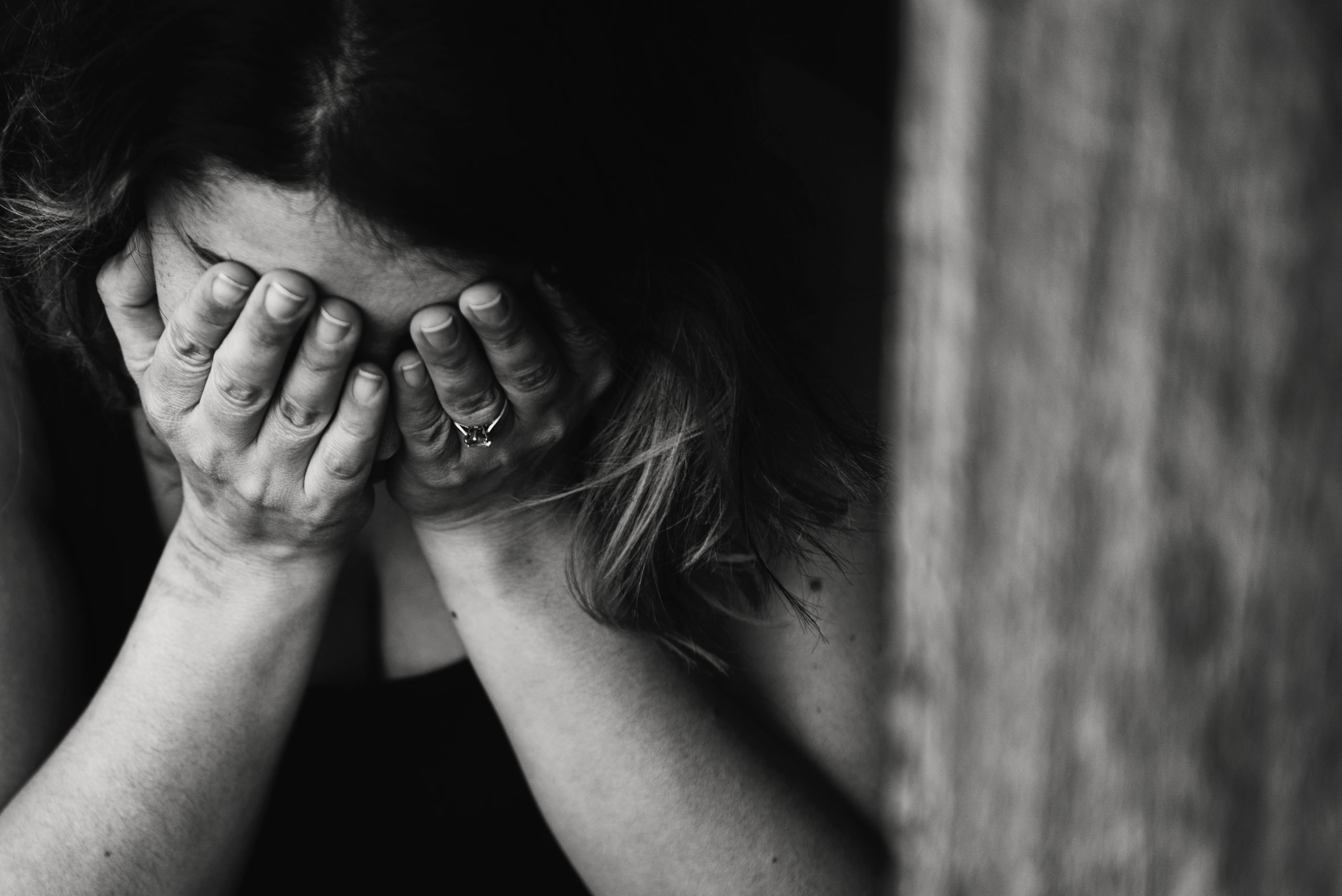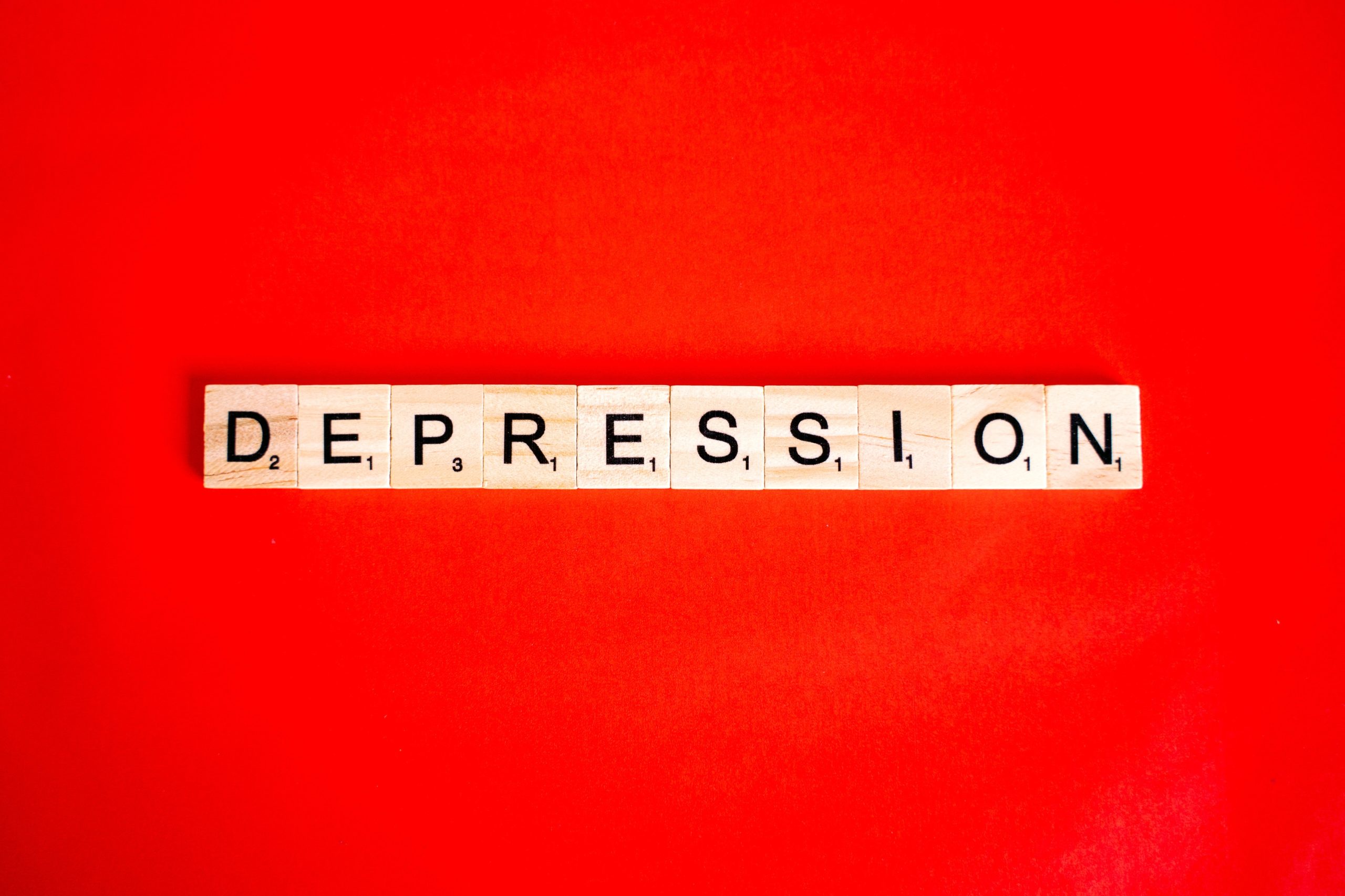What is Bipolar Depression and How is it Treated

Bipolar depression is generally the second stage of the bipolar process. With the manic phase coming first, the depression stage is the last part of the process. Bipolar Mania is treated with mood stabilizers while the antidepressant state is treated with antidepressants and sometimes anxiety medications. Bipolar disorder has two extreme make ups of mania and depression and both are treated with different medications.

Bipolar disorder, or mood disorder (formerly known as manic depression), is a mental health condition causing extreme swings in mood, such as highs of emotion (mania or hypomania) and lows (depression). The mood swings of bipolar disorder may be hard to distinguish from other problems, such as major depression, attention deficit hyperactivity disorder, and borderline personality disorder. Brief periods of mania or depression may be a marker for more serious episodes in the future but are generally not sufficient to diagnose a person with bipolar disorder.
Bipolar Mania and Bipolar Depression
People with Bipolar illness typically spend much more time being either completely fine, depressed, or a mixture of depressed and upbeat moods than they do surfing uninterrupted mania-like highs. Bipolar depression is a depressive illness that accompanies follows after the bipolar manic state. Bipolar depression is basically the depression side of the bipolar event. A bipolar even generally goes from extremely manic to a very low depressive state hence the name bipolar depression. Once a person goes into a bipolar manic state they always come down into a depression state.
The depression part of bipolar is treated with strong antidepressants and anti-anxiety medications if needed. In most cases the depressive side is bipolar is treated with antidepressant drugs such as Lexapro, Zoloft, Paxil or whatever your doctor sees fit to describe to combat the depression side of bipolar disorder. A depression state can sometimes be harder to treat because the medications for depression can take longer to have an effect. This is why some doctors will add other medications to the antidepressants to help advance the treatment properties
Although bipolar disorder is a lifelong condition, mood swings and other symptoms can be managed by following a treatment plan, which most commonly includes medications and psychotherapy. Although there is no cure for bipolar disorder, treatment can help stabilize moods and help the person manage and control symptoms. Medication can keep both mania and depression in check, and prevent relapses after the mood has stabilized.
Treatments for Mania and Depression
Treatments for bipolar disorder focus on reducing the severity and number of episodes of depression and mania so that life can be lived as normally as possible. Bipolar depression is the depressive disorder of the bipolar episode. During the manic state, you are in an extreme mood of happiness and euphoria while in the depressive state you are in an extremely sad state. Treatment options for depression are antidepressants and other medications recommended by your doctor. It is almost always a fact that after every mania experience the person will be accompanied by a depressive low. Doctors will always prescribe mood stabilizers for the mania and antidepressants for the depression.
Many antidepressants can be used along with mood stabilizing medications to help with the depression associated with bipolar disorder. Bipolar disorder, also called manic-depressive disease, is a mental disorder that causes individuals to experience periods of high and low moods. You usually will need mood-stabilizing medications to manage your manic or hypomanic episodes.
Mood-stabilizing medications work by improving social interactions, mood, and behavior, and are recommended both to treat and prevent bipolar states, which fluctuate from lows like depression to the highest like hypomania or mania. Once again after every bipolar mania, there will be a depressive state following soon after. Depression is a part of a bipolar cycle and it is a terrible mental illness to go through. It does not matter if you are bipolar i or bipolar ii, the depression side will always follow the manic side.
The bottom line is that a true bipolar manic experience always ends with a depressive state. This is the part of bipolar depression. The opposite part of the bipolar state is the manic episode which is accompanied by happiness, energy, euphoria and more. The depressive side of bipolar is accompanied with extreme sadness and worthlessness. So yes they have very extremes. Look at it this way, bipolar depression is still depression. Sometimes it might be a more extreme depression after coming off of a manic episode. Basically bipolar depression itself is treated with strong antidepressants while bipolar mania is treated with mood stabilizer’s.
Leave a Reply